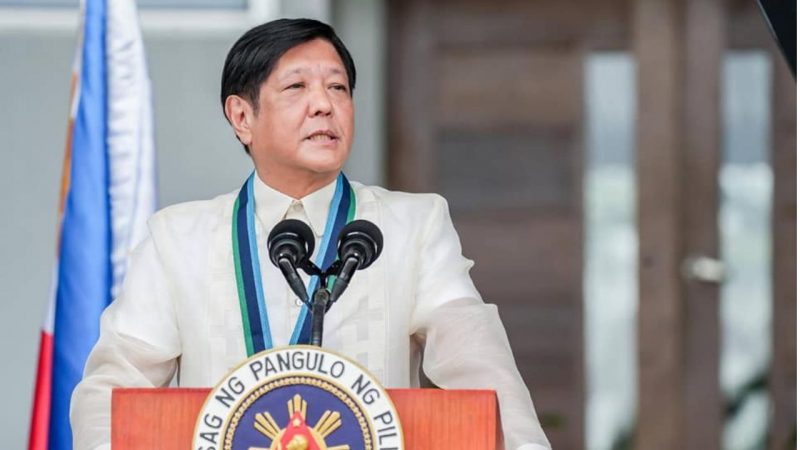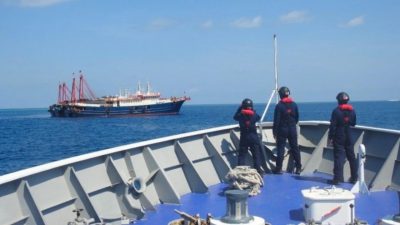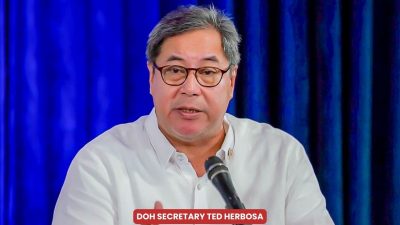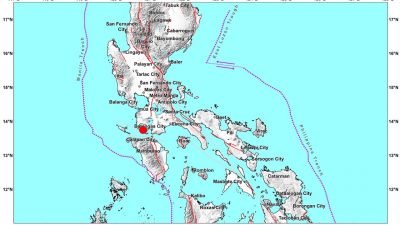The State of the Philippines was described Monday, 24 July 2023, by President Ferdinand R. Marcos Jr. as “sound and improving,” despite the country facing significant challenges.
In his second State of the Nation Address (SONA), delivered at the Batasang Pambansa Complex in Quezon City, Marcos emphasized the emergence of a “new Philippines” with a “world-class quality workforce,” expressing confidence in the nation’s future.
The achievements of his administration were attributed to the dedication and competence of the public servants and the collective efforts of various stakeholders, including farmers, corporate giants, government officials, school teachers, health workers, and employees.
Regarding economic development, Marcos proudly stated that the country’s growth momentum peaked at 7.6 percent in 2022, the highest rate in 46 years.
The growth for the first quarter of the current year was 6.4 percent, remaining within the targeted range of 6 to 7 percent for 2023.
He also highlighted the improvement in the inflation rate, which has been moving in the right direction, indicating progress in transforming the economy.
To generate more jobs, Marcos embarked on foreign trips to promote the country’s interests and attract investments.
These efforts resulted in an estimated total investment value of 71 billion US dollars, potentially creating 175,000 jobs.
The administration focused on leveraging science, technology, and innovation to enhance the quality and competitiveness of the workforce, encouraging investment in various sectors such as manufacturing, exports, creative industries, and services.
Regarding employment, the President cited a significant improvement, with the current employment rate reaching 95.7 percent as of May, a clear recovery from the low of 82.4 percent during the height of the pandemic.
However, he acknowledged the need to generate more jobs for the remaining 4.3 percent of the workforce and the 11.7 percent of underemployed Filipinos seeking better opportunities.
In terms of agricultural production, Marcos reiterated his commitment to boosting the country’s output through consolidation, modernization, mechanization, and improved value chains, guided by science and sustainable practices.
Another significant goal was achieving full household electrification, and Marcos reported that almost half a million homes gained access to electricity since his assumption into office.
The government aggressively promoted renewable energy, aiming for a 35 percent share in the power mix by 2030 and 50 percent by 2040.
Foreign investments were opened for renewable energy projects to accelerate the realization of this green energy goal.
The establishment of the Maharlika Investment Fund (MIF), the country’s first sovereign wealth fund, was cited as a noteworthy achievement.
The MIF aimed to make high-impact and profitable investments, including infrastructure projects under the “Build Better More” program, with gains reinvested in the country’s economic well-being.
Marcos urged Congress to pass essential tax measures and legislative priorities, including those related to the Medium-Term Fiscal Framework, fisheries, anti-agricultural smuggling, cooperative code, government procurement, government auditing, anti-financial accounts scamming, Tatak Pinoy (Proudly Filipino), Blue Economy, ease of paying taxes, automatic income classification of local government units, and the Philippine Immigration Act.
In conclusion, Marcos emphasized that the positive results were a result of the collective efforts of all Filipinos, working together in unity to achieve peace and progress. He called for continued relentless aspiration towards a brighter future for the nation. (ai/mnm)







